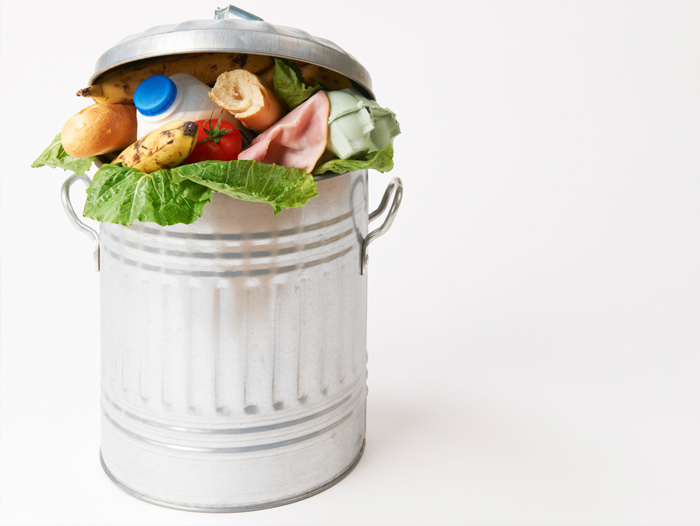Food Waste Concerns Intensify as High Inflation Persists
January 2, 2023 | 4 min to read

ROCKVILLE, Md. — During the COVID-19 pandemic, many products have experienced price increases due to a combination of factors such as high demand, supply issues, and rising labor costs. According to Packaged Facts’ new report Food Waste & Upcycling: Trends & Opportunities in Sustainability, 61% of consumers in the proprietary November 2022 Packaged Facts National Online Consumer Survey strongly agree that they are concerned about rising food prices, and for good reason.
The U.S. Department of Agriculture (USDA) Economic Research Service (ERS) and the Bureau of Labor Statistics (BLS) reported this month that year-over-year inflation in the consumer price index (CPI) for food was 10.9% from October 2021 to October 2022. This is among the highest food inflation rates seen in decades.
As prices have risen across the board, companies operating in the food supply chain and consumers alike have become more motivated to reduce food waste. Wasted food is a source of lost money. Any time food is wasted, someone is paying for it.
Environmental sustainability is another key issue relating to food waste concerns, as food production creates carbon emissions and uses natural resources such as water and land, so anytime food is wasted, resource use intensifies and accelerates climate change. Because food production (particularly animal farming) contributes to climate change, wasted food can be especially harmful to the environment. Rotting food in landfills can also emit methane, which is a major environmental problem.
Consumers may be concerned about how food waste affects the environment and may also be troubled by ethical issues such as wasted food that could have instead been used to feed individuals in poverty. Many companies have sustainability goals to reduce waste and carbon emissions, so they are also motivated to reduce food waste.
This Packaged Facts report analyses trends regarding food waste throughout the supply chain and the ways in which consumers view food waste. This report also examines the dynamics of the current landscape of food waste and how it is related to environmental sustainability and upcycling of ingredients that would otherwise be thrown away.
Consumer demographics, perceptions, motivations, and behaviors are examined as pertaining to concerns about food waste and the environment. Effects of the COVID-19 pandemic on consumers are also analyzed (in a broad sense), including in the context of food waste and upcycling.
The reasons for and implications of shifts in consumer perception and behavior are analyzed in the context of future market opportunities.
Additionally, the report has dozens of tables showcasing numerical survey data on consumer demographics and psychographics and numerous marketing photographs. This report goes in-depth on COVID-19 trends affecting the food and beverage market.
For more information see the Food Waste & Upcycling: Trends & Opportunities in Sustainability report page.
About Packaged Facts
Packaged Facts, a division of MarketResearch.com, publishes market intelligence on a wide range of consumer market topics, including consumer demographics and shopper insights, the food and beverage market, consumer financial products and services, consumer goods and retailing, and pet products and services. Packaged Facts also offers a full range of custom research services. Reports can be purchased at our company website and are also available through MarketResearch.com.
